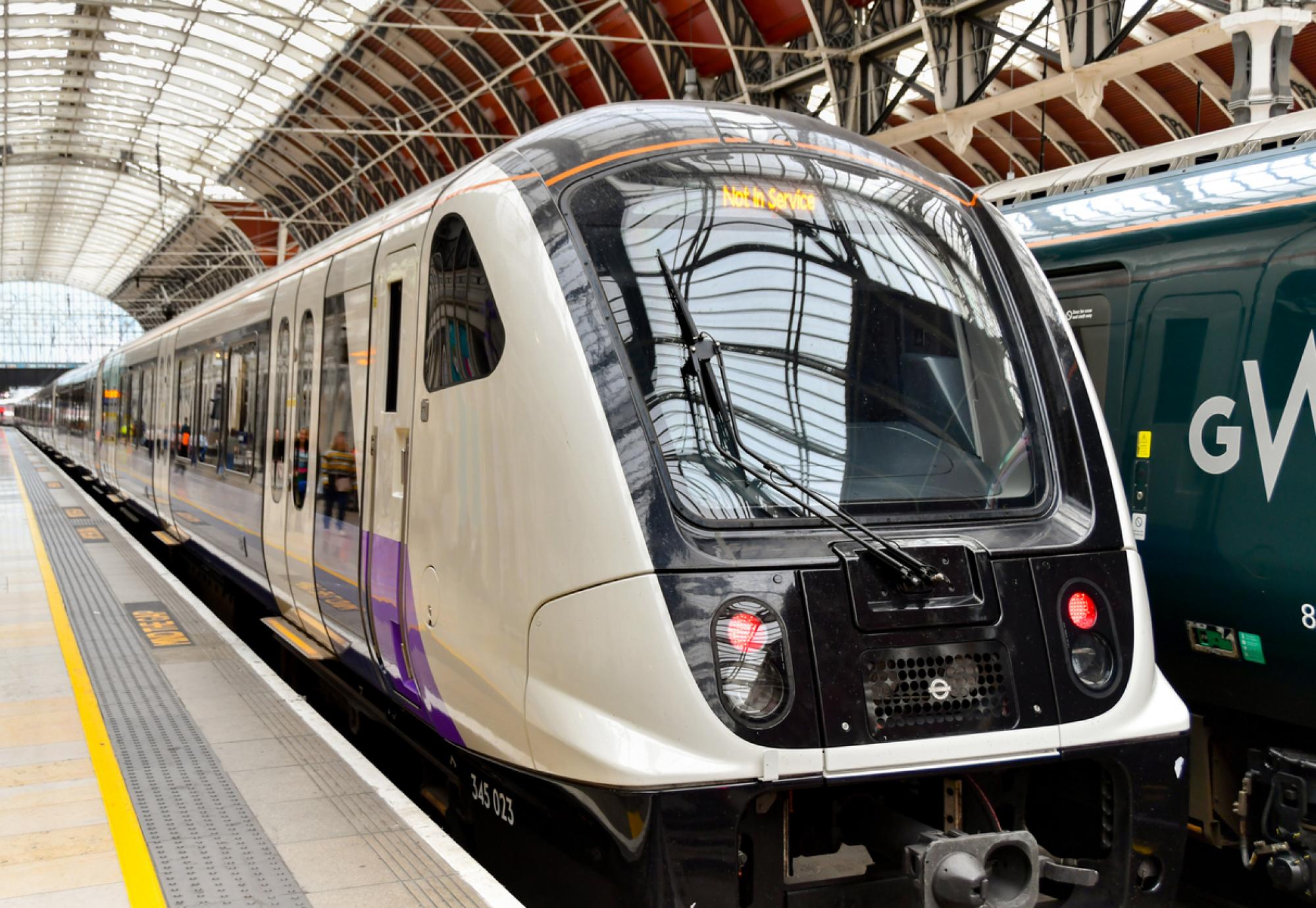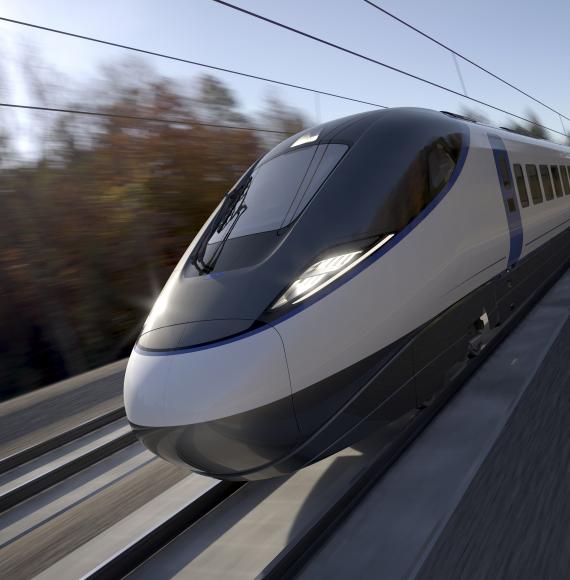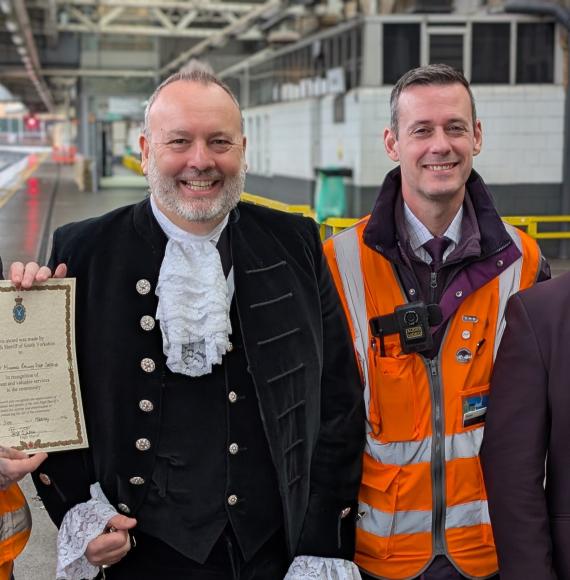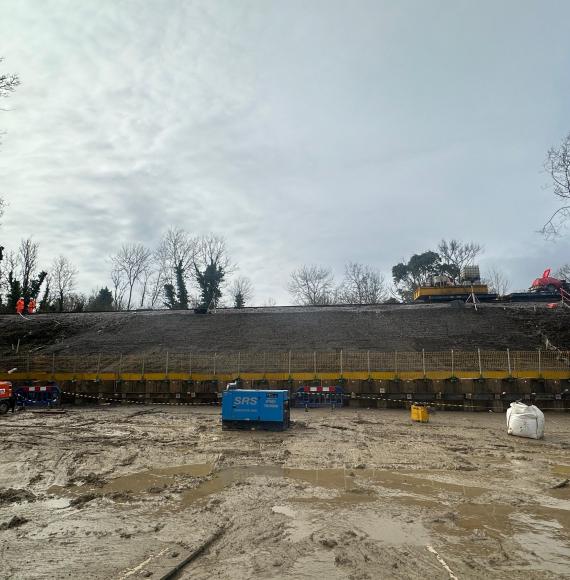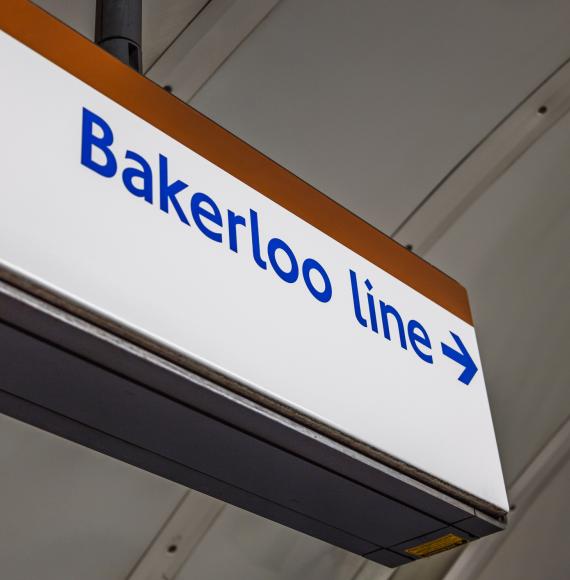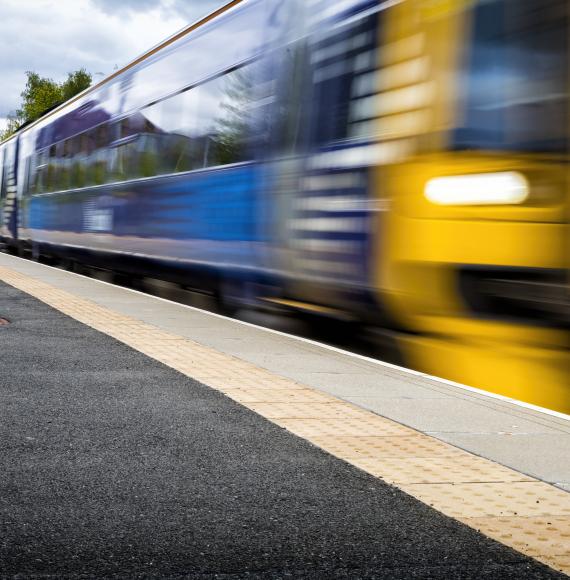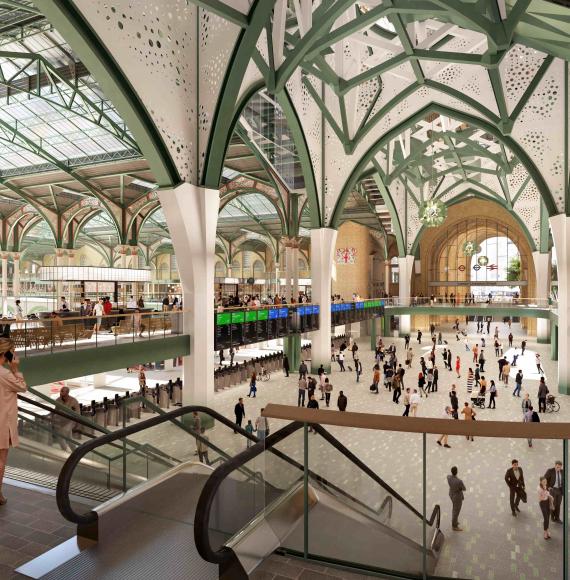Network Rail has highlighted that, according to the Rail Delivery Group, more than half of all passenger trains around the country have been either replaced or upgraded, opening the door for further improvement in the future.
Over the course of the last ten years, more than 132 miles worth of trains have been replaced or upgraded, with train operators and fleet owners spending more than £2.9 billion on rolling stock. Many of the improvements seen in the new trains will not only support improved passenger experiences but will also further enable future improvements.
When it comes to passenger experiences, more spacious and accessible carriages will ensure that journeys are more comfortable, whilst at-seat power points and better WiFi connectivity can help people relax, or work, whilst travelling. Of these new trains, more than 80% also have air conditioning, so that travellers and employees can stay cool during the hotter months.
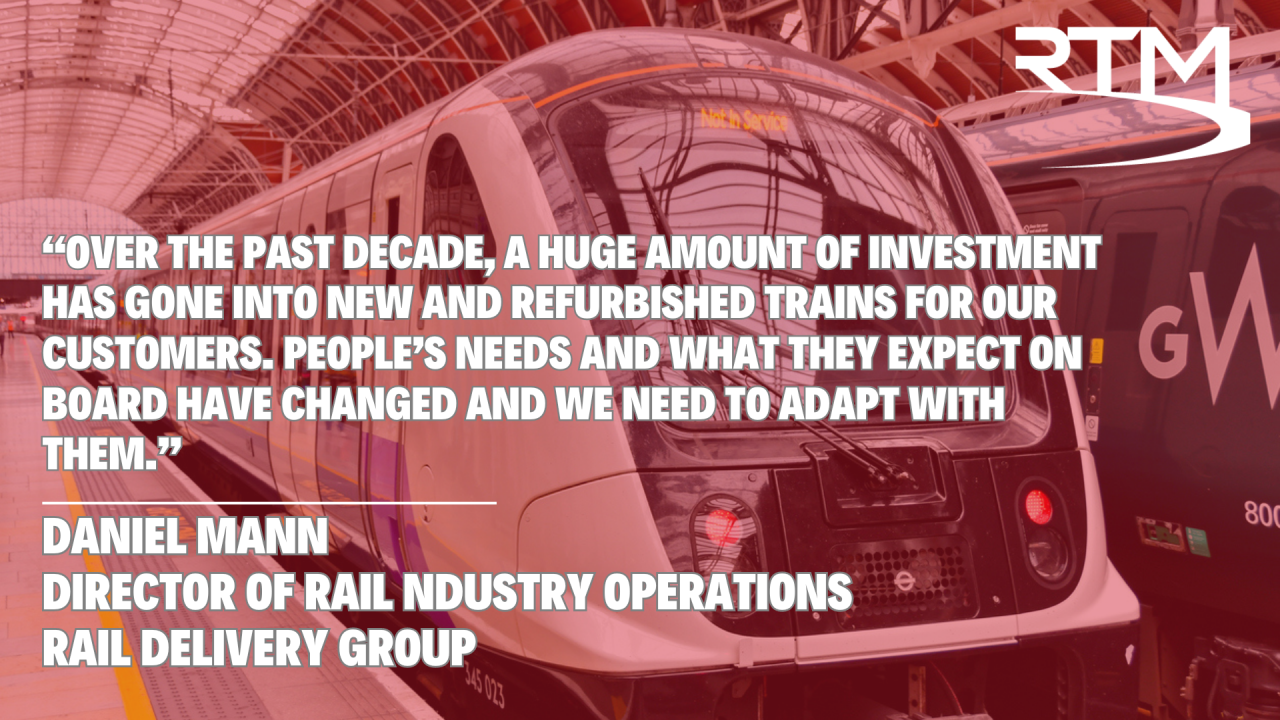
Speaking on the progress that has been made in the last decade, Rail Delivery Group Director of Rail Industry Operations Daniel Mann, commented:
“Over the past decade, a huge amount of investment has gone into new and refurbished trains for our customers. People’s needs and what they expect on board have changed and we need to adapt with them.”
Sustainability has also been boosted through the new trains, with stock now being designed with the environment in mind. One example of this can be seen through LNER’s use of Azuma trains, which has brought the operator’s diesel consumption down from over 30 million litres a year, to less than five million litres.
Alongside this, the new Arterio trains that are used by South Western Railway are helping the operator to take a more environmentally friendly approach to treating waste, with fully accessible bioreactor Controlled Emission Toilets in use for wheelchair users. This system also in use in European nations such as the Netherlands and Switzerland, treats waste biologically and thermally to produce wastewater that is EU compliant.
Thanks to the work that has been done over the last decade, there is potential for even more improvements in the future. Currently, train operators are testing battery-powered trains that could potentially replace diesel power, whilst LNER’s new tri-mode trains can run on either overhead wires, diesel power, or batteries. This factor, along with the lightweight materials that are used to construct the trains will support a 67% reduction of emissions by 2035.
Image credit: iStock

